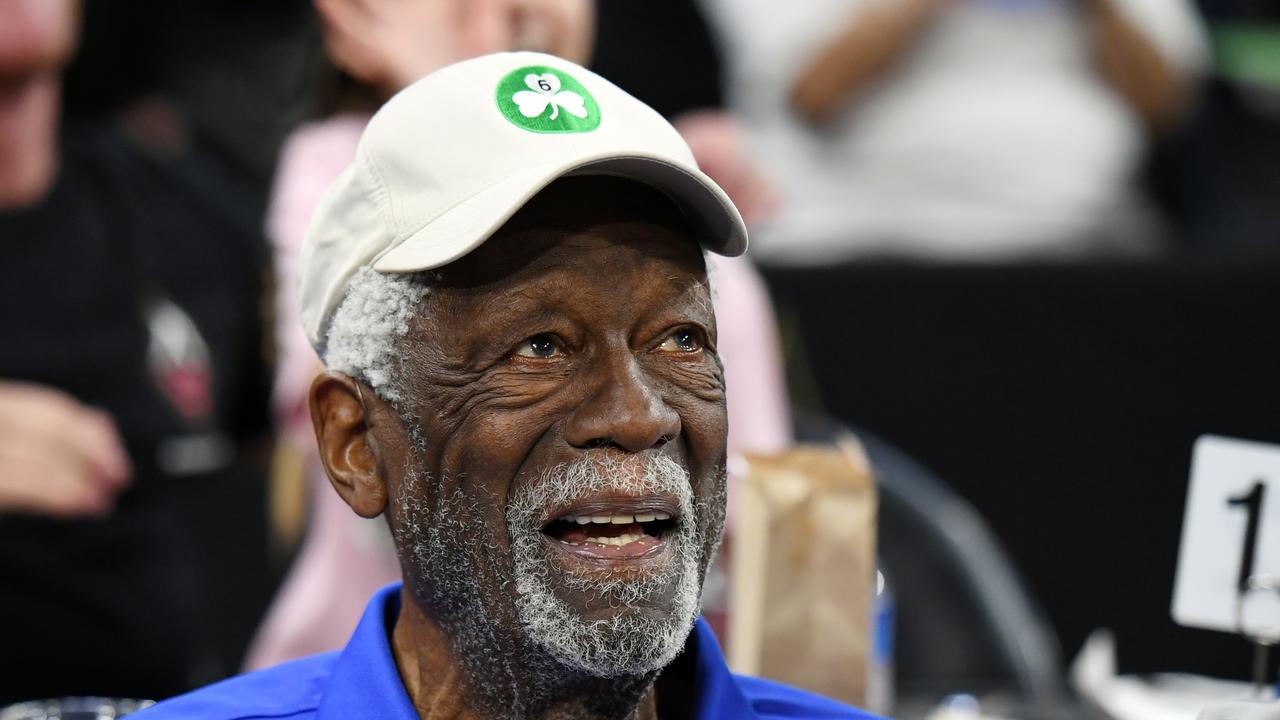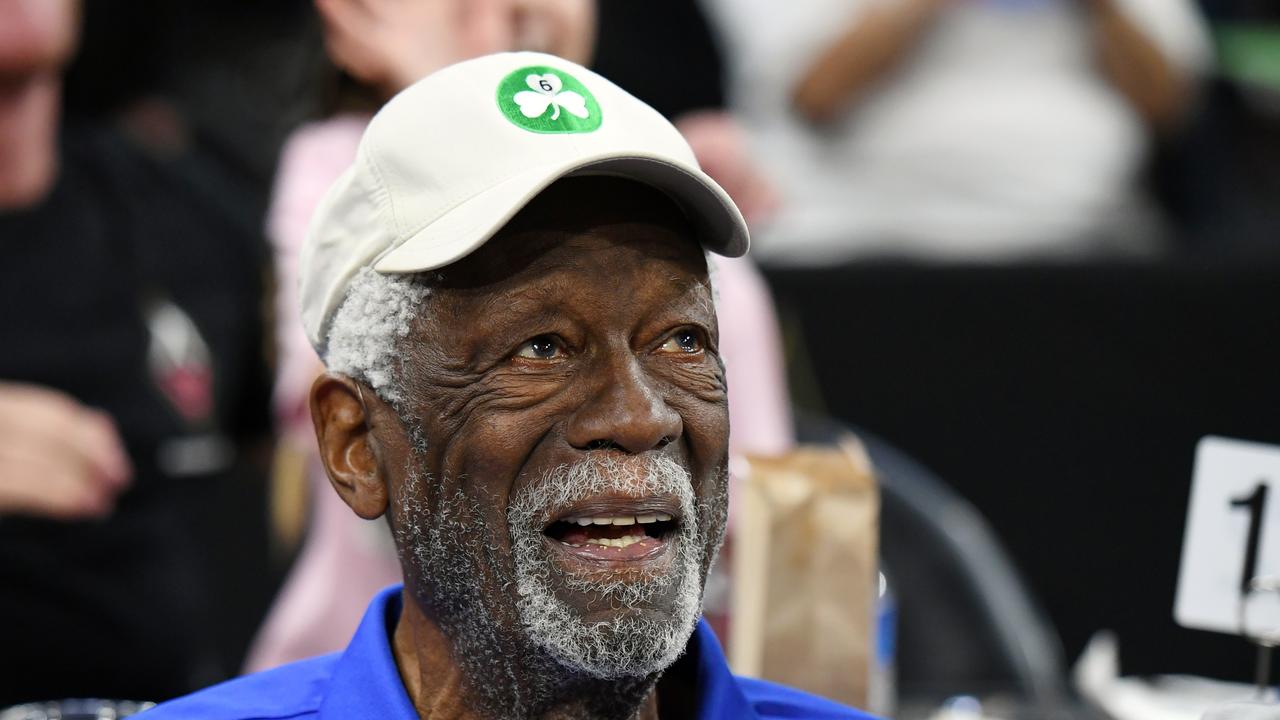The basketball community lost an all-time legend on Sunday as Bill Russell died at age 88, his family announced.
Russell, who won a record 11 NBA titles with the Celtics, was a trailblazer as a black superstar in the 1950s and ’60s, and became the first black head coach of any North American professional team when the Celtics hired him in 1966 as a player -coach.
In a statement announcing his death, his family called Russell “the most prolific winner in American sports history.” By any measure, that is correct.
Inducted into the Hall of Fame in 1975 as a player and in 2021 as a coach, Russell won two NCAA titles at San Francisco, an Olympic gold medalist and two NBA titles as a coach, in addition to his 11 as a player.
Comprised of a core that included Russell at center along with fellow Hall of Famers Bob Cousy, Tommy Heinsohn, KC Jones, Bill Sharman and Sam Jones, the Celtics won a stunning 11 of 13 championships from 1956-1969.
In 10 Game 7’s, Russell was undefeated in his career. Extended to any winner-take-all game — in NCAAs, Olympics and best-of-five playoff rounds — he was 21-0. The Finals MVP Award is named after him, and Russell was often on hand to give it out.
In addition to his basketball credentials, Russell was also a leader in the area of civil rights, enduring racist abuse throughout his career in Boston, where his home was once broken into and graffitied.
“From boycotting a 1961 exhibition game to unmask too-long tolerated discrimination, to leading Mississippi’s first integrated basketball camp in the fuel wake of Medgar Evans’ assassination, to decades of activism ultimately recognized by his receipt of the Presidential Medal of Freedom in 2010, Bill called out injustice with an unforgiving candour that he intended would disrupt the status quo, and with a powerful example that, though never his humble intention, will forever inspire teamwork, selflessness and thoughtful change,” his family said in a statement.
“Bill’s wife, Jeannine, and his many friends and family thank you for keeping Bill in your prayers. Perhaps you’ll relive one or two of the golden moments he gave us, or recall his trademark laugh at him as he delighted in explaining the real story behind how those moments unfolded. And we hope each of us can find a new way to act or speak up with Bill’s uncompromising, dignified and always constructive commitment to principle. That would be one last, and lasting, win for our beloved #6.”
Russell’s relationship with the city was complex — he didn’t attend his jersey retirement in 1972 and once described himself as “playing for the Celtics, not for Boston.” Eventually, in 1999, the team re-retired his number from him in a ceremony at which he attended.
NBA Commissioner Adam Silver said in a statement that Russell was “the greatest champion in all of team sports.”
“Bill stood for something much bigger than sports: the values of equality, respect and inclusion that he stamped into the DNA of our league. At the height of his athletic career, Bill vigorously advocated for civil rights and social justice, a legacy he passed down to generations of NBA players who followed him in his footsteps, ”Silver said. “Through the taunts, threats and unthinkable adversity, Bill rose above it all and remained true to his belief that everyone deserves to be treated with dignity.”
Born in Monroe, Louisiana, Russell’s family moved to San Francisco, where he parlayed a spot on the McClymonds High School basketball team into a scholarship at San Francisco. Though Russell never averaged over 20 points in an NBA season, he is considered one of the greatest defensive players of all-time, with a 6-foot-9 frame that made him one of the greatest shot blockers ever, and a career average of 22.5 rebounds per game.
In 2011, then US President Barack Obama awarded Russell the Medal of Freedom.
“Bill Russell, the man, is someone who stood up for the rights and dignity of all men,” Obama said at the ceremony. “I have marched with King; he stood by Ali. When a restaurant refused to serve the Black Celtics, he refused to play in the scheduled game. He endured insults and vandalism, but he kept on focusing on making the teammates who he loved better players and made possible the success of so many who would follow.”
Arrangements for his memorial service have yet to be announced.
This article was originally published by the New York Post and reproduced with permission
.

